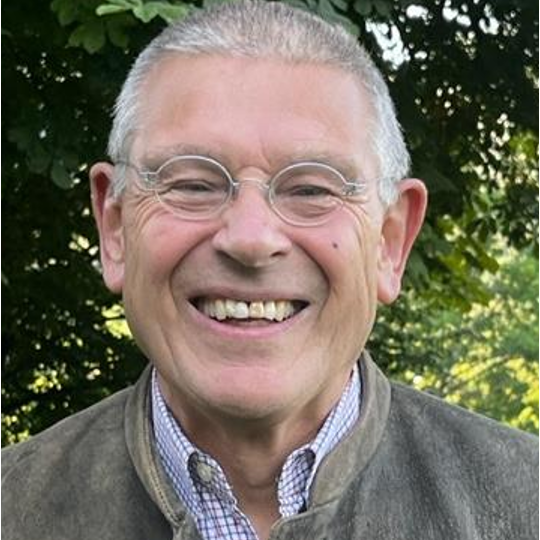DawnNews English – May 10, 2024
Pakistan’s Permanent Representative to the UN, Ambassador Munir Akram, delivered a powerful statement during the 10th Emergency Special UNGA Session on Palestine, expressing Pakistan’s full support for the draft resolution submitted by the UAE on behalf of the co-sponsors.
Ambassador Akram condemned Israel’s crimes in Gaza, emphasized the need for accountability, and urged the General Assembly to take a step towards a final settlement of the conflict by admitting Palestine as a full member of the United Nations. Watch as he eloquently argues for the rights of the Palestinian people and calls for an end to Israel’s occupation.
See related:
- South Africa Lays Out Genocide Case vs. Israel at World Court in The Hague
- Noam Chomsky – The Israel/Palestine Conflict I
- Noam Chomsky “The Occupation of Palestine: A Short History”
- In U.N. Speech, Noam Chomsky Blasts United States for Supporting Israel, Blocking Palestinian State
- Chomsky: Saudi Arabia is the “Center of Radical Islamic Extremism” Now Spreading Among Sunni Muslims
- Noam Chomsky – Hatred Against Muslims and Arabs

